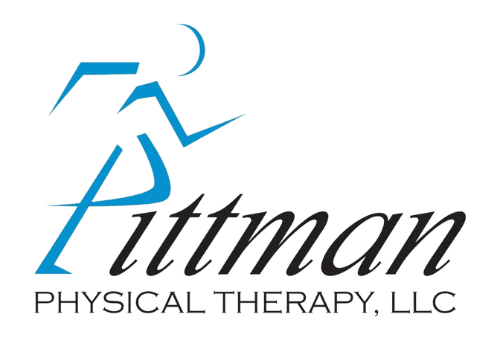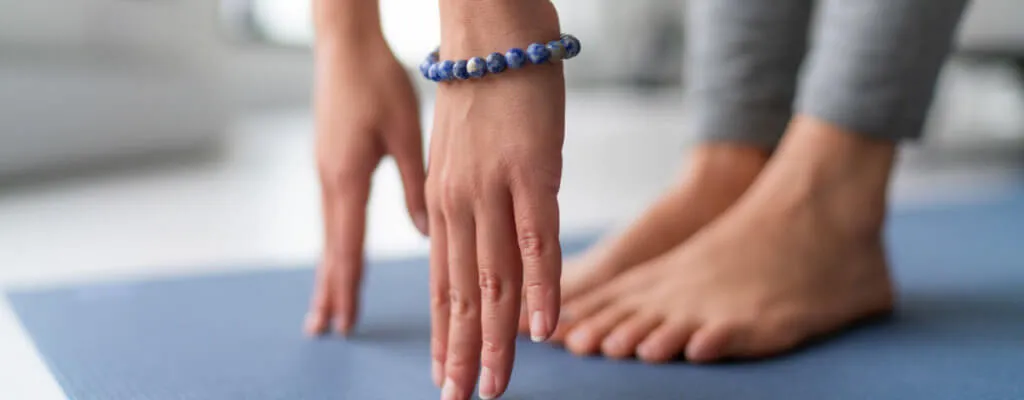Have You Heard of The Health Benefits of Stretching?
There are a lot of different factors that contribute to maintaining ideal health.
Getting a full night’s rest every evening, drinking plenty of water throughout the day, and eating as well-balanced of a diet as possible are typically the top tips that are shared when it comes to living a healthy lifestyle.
However, this is just the tip of the iceberg. There is a reason why stretching is a staple of physical therapy. Stretching is a great way to improve your overall health so you can feel better throughout the day!
How can I get started stretching?
Starting a daily stretching routine is easy to get started with. Pick an open area where you will have plenty of room to move around.
Using a yoga mat is a helpful way to create a safe space where you can easily get traction as you stretch. Wearing loose clothing that will allow you to freely move as you stretch is also important. Finally, as you begin stretching, remember to hydrate.
Staying hydrated and eating healthy goes a long way to help take care of your heart and nervous system, but there are so many other aspects of your body that need support. Maintaining ideal health is a complicated process, and putting a bit of attention towards your stiff joints and sore muscles will go a long way in supporting you on your quest to a healthier way of being.
Stretching is one of the most fundamental aspects of any physical therapy program for this precise reason. While often looked at as the warm-up or cool-down of a more intense workout program, stretching has a whole world of benefits that need to be appreciated as you are looking to improve your health.
What are the benefits of stretching?
Stretching provides numerous benefits to help your body keep itself healthier. One of the most important of these is stress relief. Everyday life throws lots of challenges at you, and the resulting stress can be held in your muscles.
This leads to tightness, spasms, and chronic discomforts such as headaches and neck pain. Stress also floods your body with “fight or flight” hormones such as cortisone and adrenaline. These imbalances can suppress your immune function, making you more vulnerable to viruses and other diseases. Hypertension is yet another dangerous consequence of chronic stress.
Regular stretches help your body release all that pent-up stress. By relaxing and loosening your muscles, you can maintain better control over your blood pressure, avoid chronic muscle pain, and keep your immune system ready for anything.
There are many ways that physical therapy can help with stretching, including, but not limited to:
- Stretching enhances blood circulation. Stretching is beneficial to the heart and musculoskeletal system by increasing blood circulation. When muscles constrict and become tight, oxygen flow is inhibited. Stretching daily improves blood flow to the joints and muscles, further reducing your risk for injury.
- Stretching helps to alleviate pain and muscle tension. By engaging in targeted stretches you can actually work to alleviate pain and discomfort throughout the body. There are stretches that are designed to help alleviate back pain, and those that are for neck or shoulder pain. It is highly recommended that prior to working with a targeted stretch for a particular issue of pain that you consult with your physical therapist.
- Stretching improves range of motion. When you stretch regularly, your muscles become more able to extend fully, thereby improving your range of motion and making your body more flexible. Having increased range of motion can be helpful in plenty of daily circumstances, but is incredibly helpful in further preventing injuries.
- Stretching is good for mental health. Alleviating tension in the muscles is helpful in alleviating tension in the mind. Yoga is a particularly popular form of stretching that embraces the mindfulness and meditation of the stretching process.
- Stretching is an amazing way to prevent injury. By stretching every day, in addition to before every big workout, you provide your body with a means of keeping your muscles warmed up and ready for activity, and therefore prevent the likelihood of a muscle strain or sprain.
Incorporate stretching into your routine today!
While stretching may not feel like an intense exercise, as say a cardiovascular activity may feel, it is still incredibly important to hydrate to support your muscles.
For guidance in getting started with a helpful stretching routine, contact Pittman Physical Therapy.



